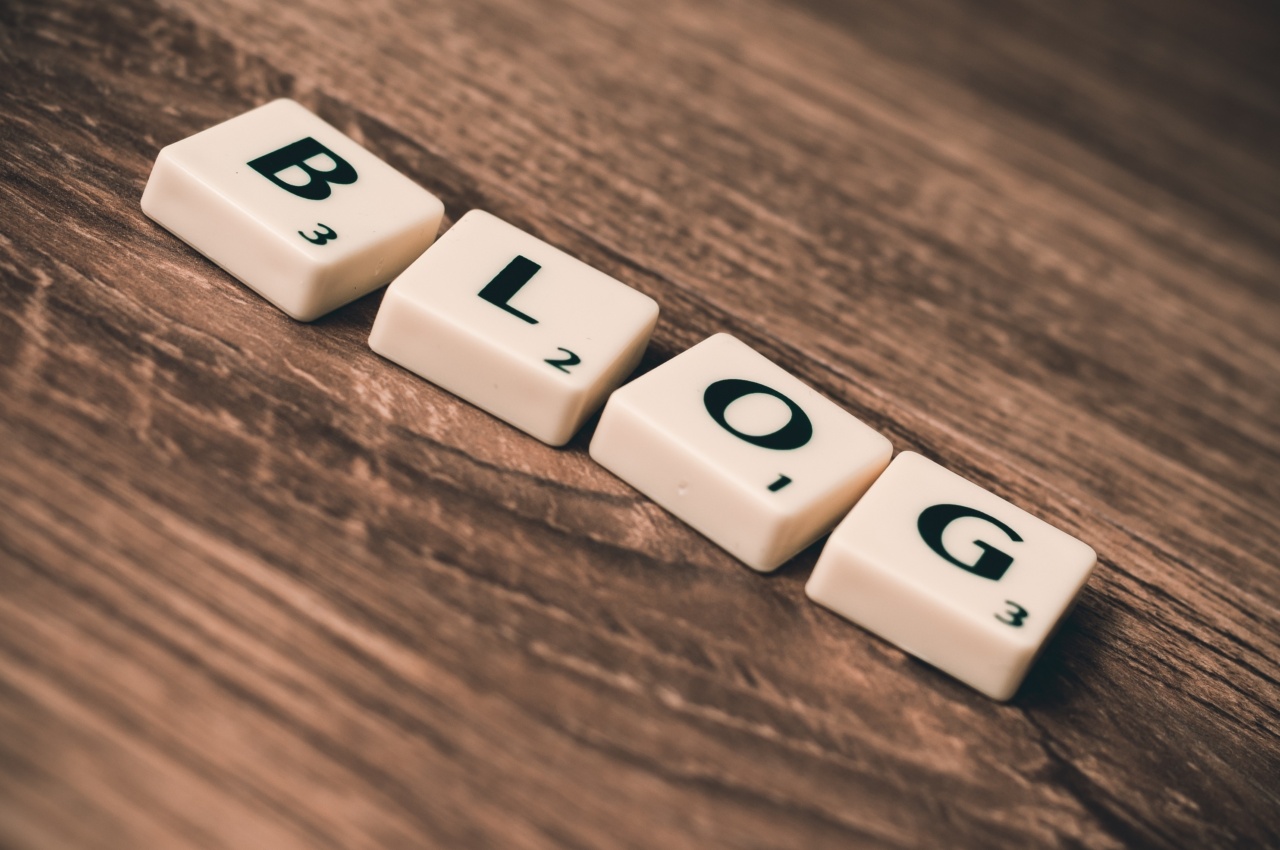In today’s digital age, social media has become an integral part of our daily lives. With platforms like Facebook, Instagram, and Twitter, we can easily connect with friends, family, and even strangers from around the world.
While social media has its benefits, such as facilitating communication and sharing experiences, it also comes with a downside – the constant need to check and update our profiles.
Understanding the psychology behind social media profile checking
Why do we feel the constant urge to check our social media profiles? Is it simply a habit or does it signify something deeper? Research suggests that excessive profile checking on social media platforms can be linked to feelings of insecurity and low self-esteem.
1. Fear of missing out (FOMO).
FOMO is a pervasive feeling amplified by social media platforms. Constantly checking your profile ensures that you don’t miss out on any updates, news, or events.
FOMO drives the fear of being left out and fuels the need to stay connected at all times.
2. Comparison and self-esteem.
Social media allows us to compare our lives with others. Seeing our friends’ highlight reels can lead to feelings of inadequacy and inferiority, as we begin to compare our own lives to the seemingly perfect ones portrayed on social media.
Constant profile checking becomes a way to seek validation and reassurance about our self-worth.
3. Seeking external validation.
Many people turn to social media as a means of seeking validation from others. Likes, comments, and shares become the measure of acceptance and popularity.
Constantly checking our profiles becomes a way to reinforce our self-esteem and self-worth based on the reactions and feedback we receive from others.
The negative effects of constant social media profile checking
While it may seem harmless at first, constant profile checking can have detrimental effects on our mental well-being. Some of the negative consequences include:.
1. Anxiety and stress.
The constant need to stay updated and connected can create anxiety and stress. The fear of missing out, keeping up with trends, and receiving validation can lead to a constant state of unease and restlessness.
2. Decreased productivity.
Constantly checking and updating social media profiles can significantly decrease productivity. It becomes a distraction that interrupts focus and consumes valuable time and energy that could be invested in more meaningful activities.
3. Heightened self-consciousness.
Regularly checking our profiles can trigger self-consciousness and self-doubt. Every post, photo, or comment becomes a potential source of judgment, creating a constant need for reassurance and validation.
Breaking free from the cycle
If you’ve recognized that your constant social media profile checking is intertwined with feelings of insecurity, don’t worry – there are steps you can take to break free from this cycle:.
1. Practice mindful awareness.
Be mindful of your social media usage and the emotions it elicits. Recognize when you’re engaging in profile checking out of habit or insecurity, and take a moment to pause and reflect on the underlying reasons behind your behavior.
2. Set boundaries.
Establish boundaries with your social media usage. Limit the time you spend on these platforms, and designate specific periods throughout the day for checking your profiles.
This will help create a healthier relationship with social media and reduce the urge to constantly check for updates.
3. Focus on real-life experiences.
Instead of constantly seeking validation and comparison on social media, focus on real-life experiences. Engage in activities that bring you joy and fulfillment, and cultivate meaningful connections with those around you.
4. Practice self-compassion.
Acknowledge and accept that social media profiles are curated versions of people’s lives. Remember that everyone has struggles and insecurities, even if they aren’t apparent in their online presence.
Practice self-compassion and cultivate self-love independent of external validation.
5. Seek support.
If you find it difficult to break free from the cycle of constant profile checking and insecurity, consider seeking support.
Talk to friends, family, or even a mental health professional who can provide guidance and help you develop a healthier relationship with social media.
Developing a healthier relationship with social media
Social media has become an essential part of our lives, but it’s essential to develop a healthier relationship with it.
By recognizing the signs of insecurity associated with constant profile checking, we can break free from this cycle and prioritize our mental well-being. Remember, social media should enhance our lives, not define them.






























